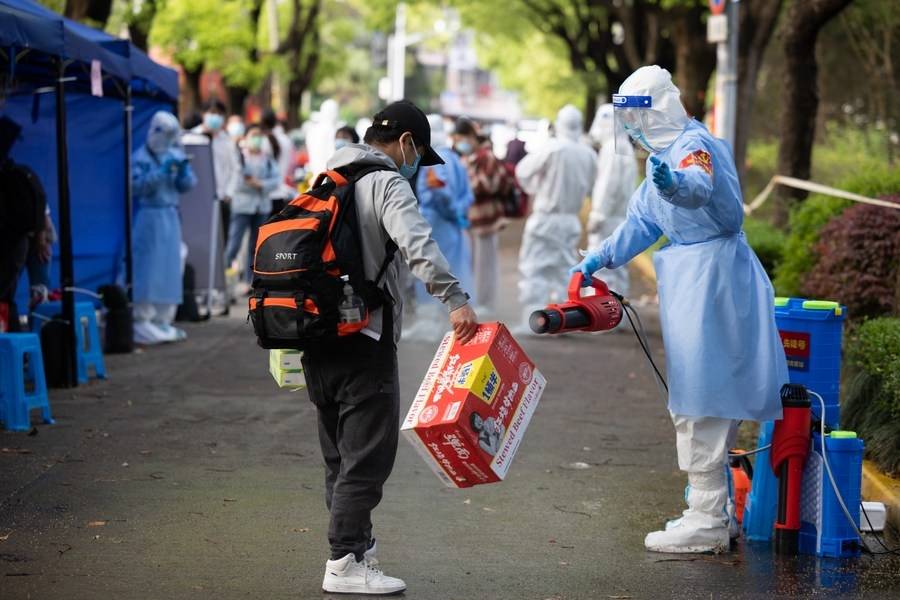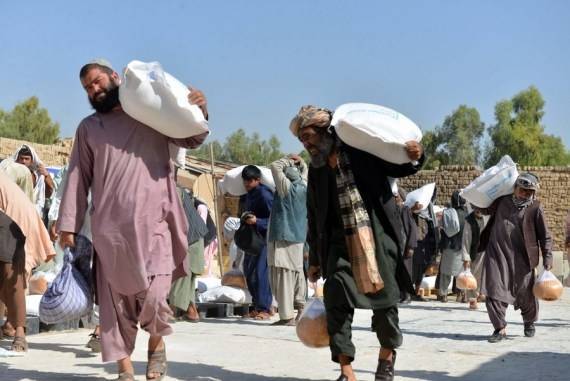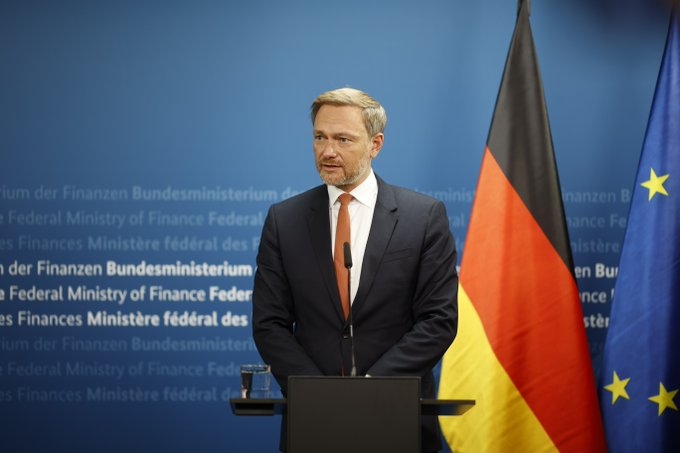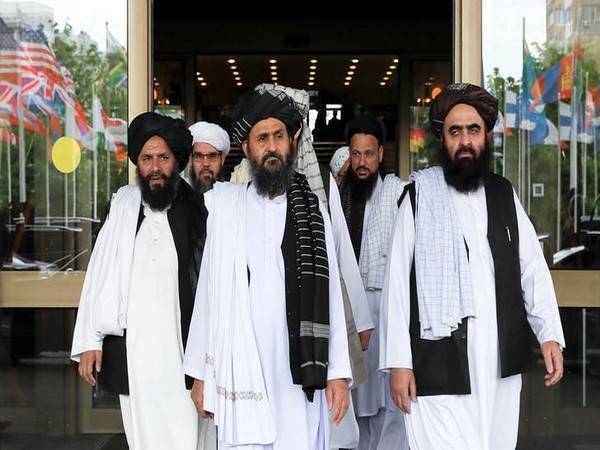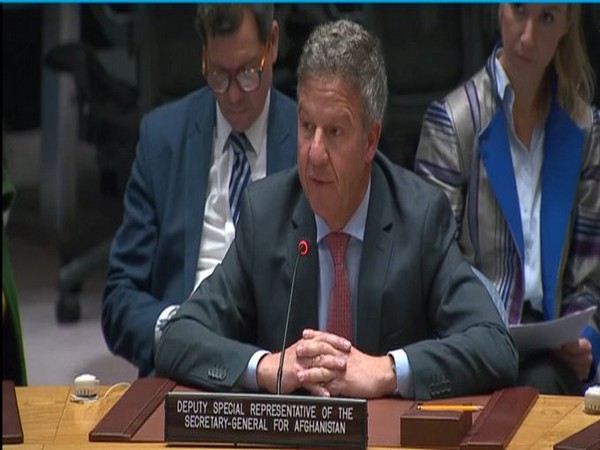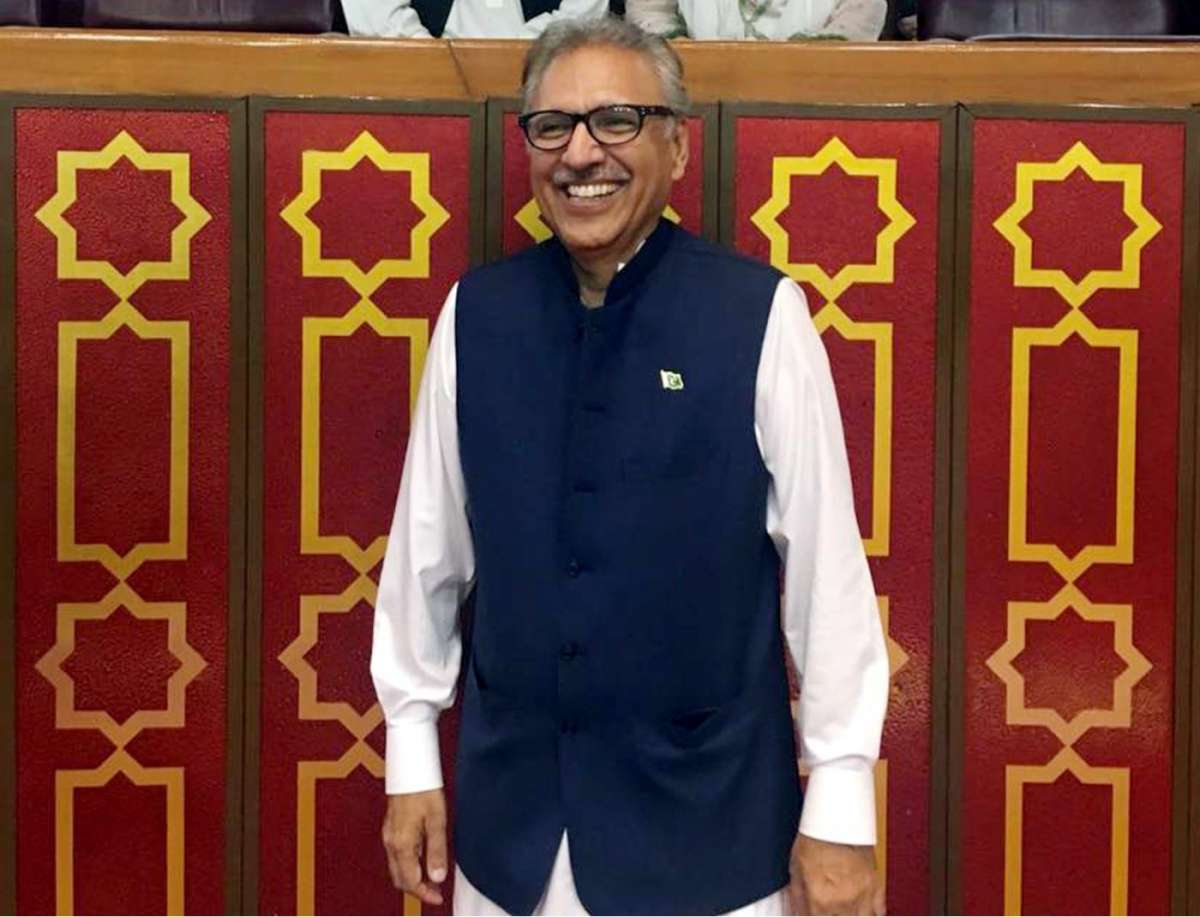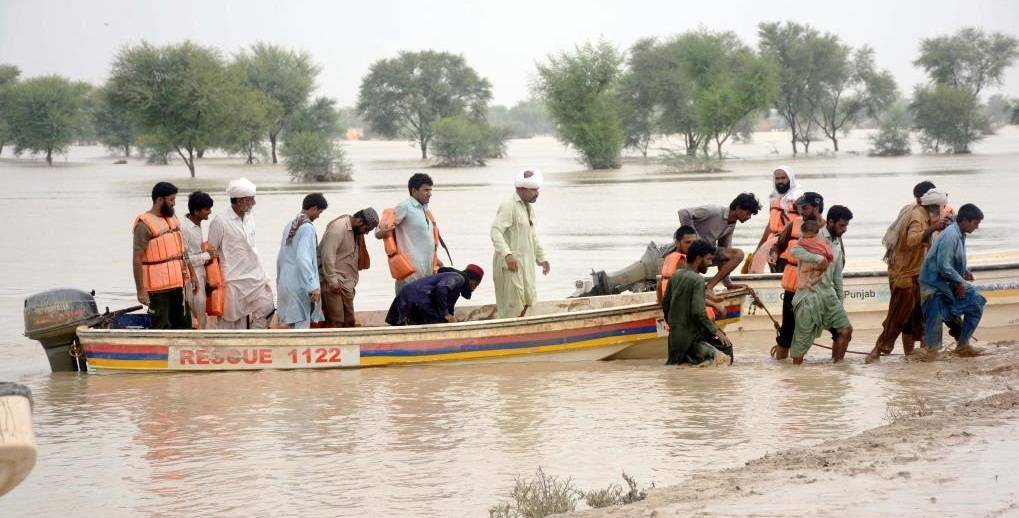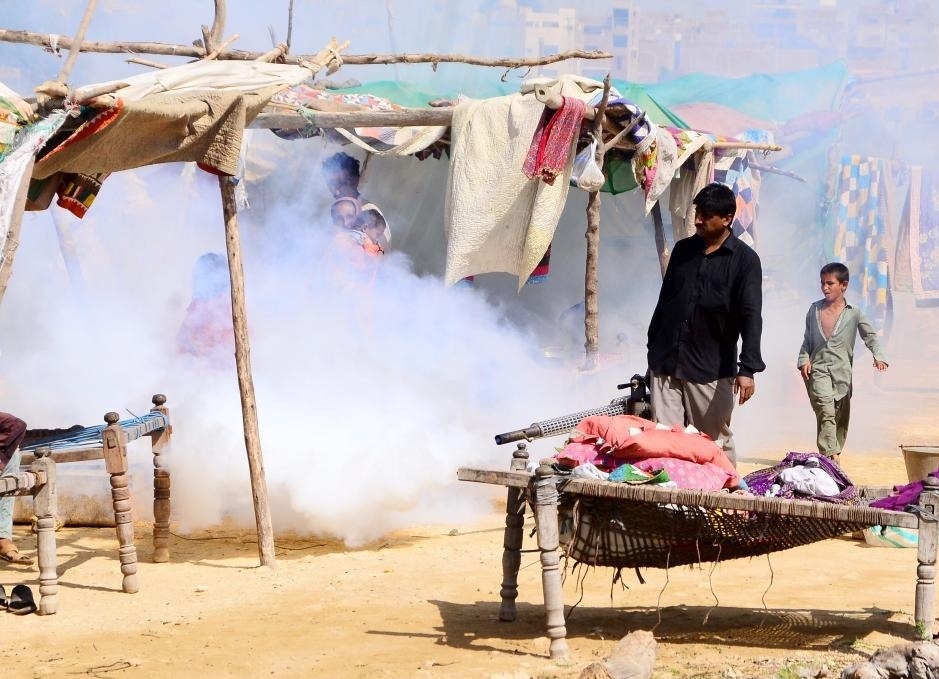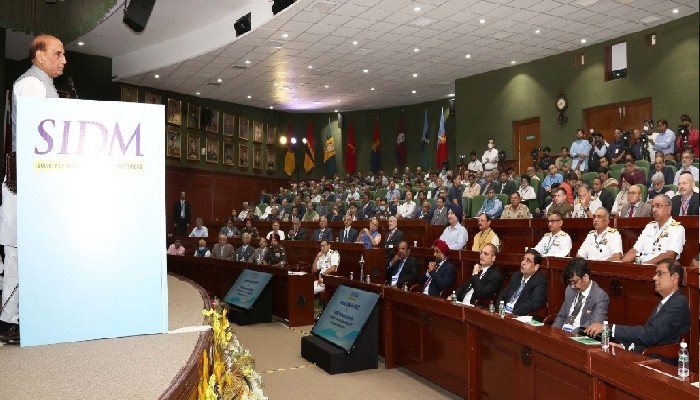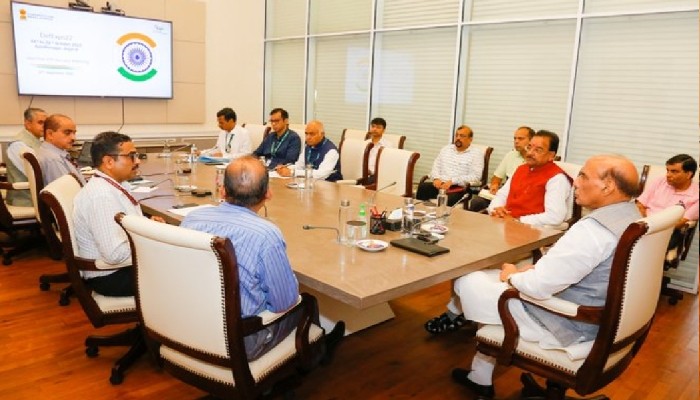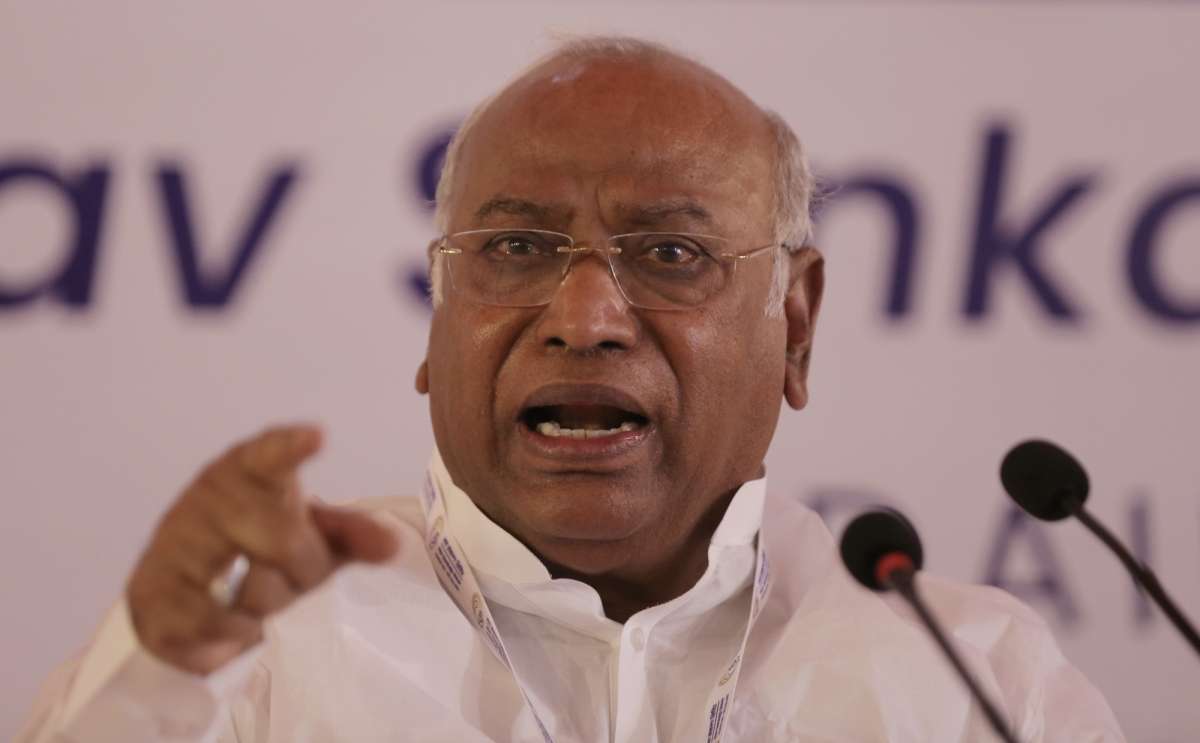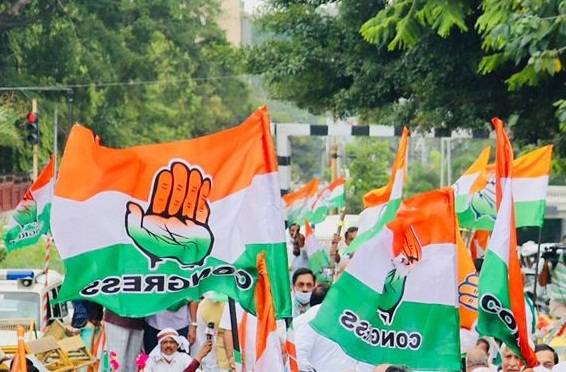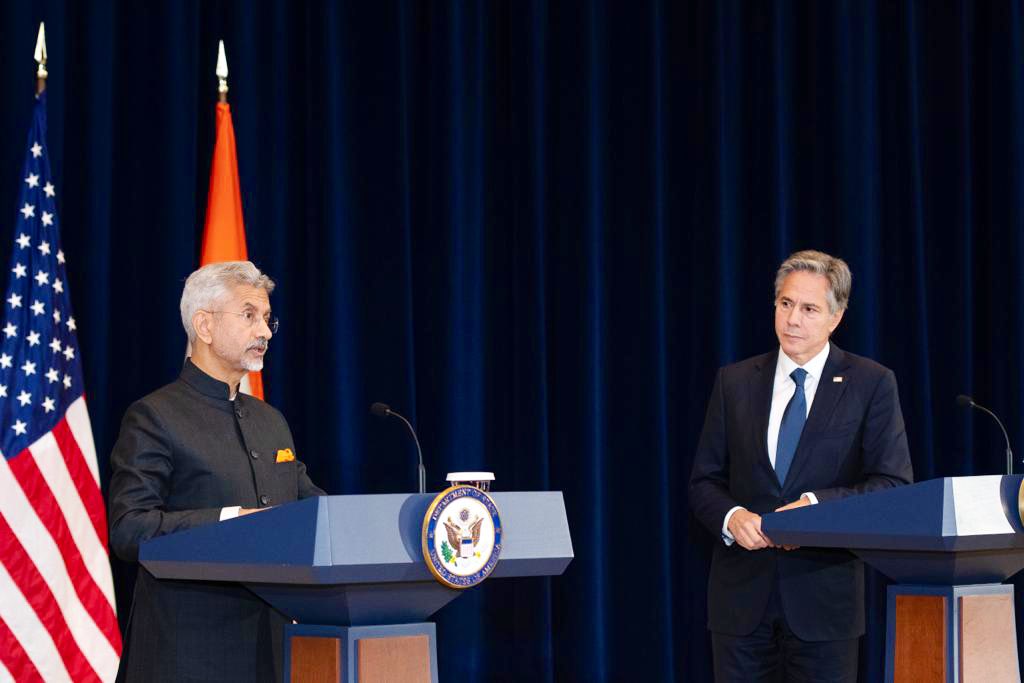The world is being shown a country like China handling the outbreak in a harmonious way, but the reality apparently is far from that…reports Asian Lite News
China’s COVID mismanagement and stringent measures under its so-called ‘Zero Covid policy’ has created havoc in Tibet Plateau, while CCP maintains a tight information blockade from the information of and from Tibet.
There is an upsurge in COVID-19 cases in Tibet but China’s mishandling of the outbreak has outraged the Tibetans. Harsh lockdown conditions and repressive policies of the Beijing government have forced the locals to suffer, who are struggling to voice their concerns, reported Tibet Press.
The situation in Tibet is frightening. While Chinese censors have tried to keep ground realities hidden from international knowledge, the leaked information showed that at least three have died of coronavirus infection in Tibet so far as the authorities failed to give them timely medical care, according to reports.
The world is being shown a country like China handling the outbreak in a harmonious way, but the reality apparently is far from that. The measures being taken are too severe and not in the interest of the public at all.
China was the centre of the COVID-19 outbreak in the world, the whole suffered millions of deaths in the past 2 years. But when entire China and many parts of the world were reeling under the coronavirus crisis, Tibet remained untouched except for one case at the beginning of the pandemic. Tibet did not see a Covid-19 case for over 900 days.
While most of the world is free from coronavirus infections, many Chinese provinces are suffering from the viral disease. Now, Tibet has also come under its grip, for which people are blaming Chinese agencies, reported Tibet Press.

Tibetans blame that they did not get proper medical care or sanitation services from the Chinese authorities despite rising Covid-19 cases. Tibetans also complained of overbearing treatment by government officials, who are forcing people to go into mandatory quarantine without verifying if they are Covid-10 positive or not.
Chinese President Xi Jinping enforced similar stringent conditions in Tibet as they were in other parts of China earlier under the ‘Zero Covid’ policy.
Tibetans are taken to quarantine facilities or forced to stay inside their homes. This has caused them to lose their jobs and source of livelihood, besides mental harassment.
Amid this, China’s censorship of news and social media posts from Tibet has further raised concerns about the safety of Tibetans.
Several videos of China’s repression of Tibet have circulated on Social media showing Tibetans talking about poor quarantine facilities with harsh quarantine rules and crowded testing sites with no social distancing rules followed, reported Tibet Press.
The angered Tibetans are posting videos of mismanagement as well as the high-handedness of government agencies on social platforms. Videos show the unavailability of food and medicines, barely edible food, no potable water and unplanned lockdowns further raising concerns about the safety of Tibetans.
However, the Communist government has not taken it as a concern but is only aiming for a COVID-free region by taking measures that don’t work in favour of the ill.
The outbreak in Tibet began on August 7, 2022, and the lockdowns started happening right afterwards. The government was also in a state of shock due to the suddenness of the outbreak, according to reports.
The human rights issue in Tibet has gotten much worse over the years and the Chinese government has never backed down from strengthening its torturous hold on the Tibetans. Surveillance of the Tibetans in Tibet by the communist party has been extreme and any suspicious act is dealt with unlawful arrests, detentions and false convictions.
The conflict between Tibet and China has been a topic of debate for years, but the Tibetan freedom struggle has not received the attention or the justice that it deserves till now. (ANI)
